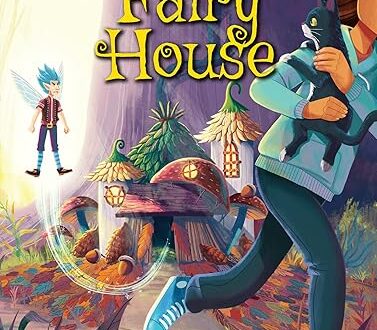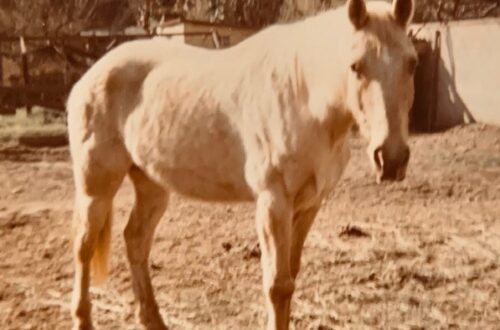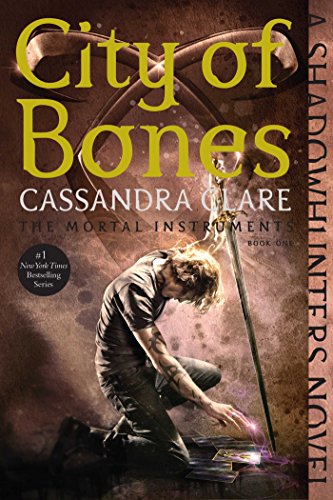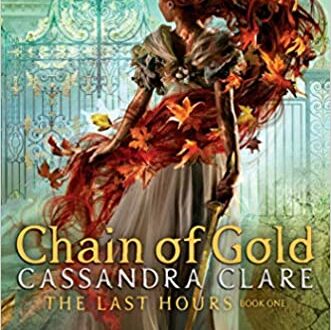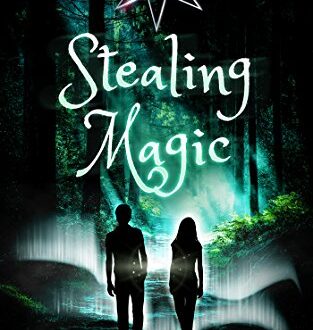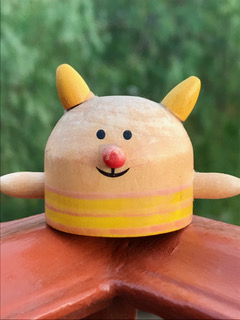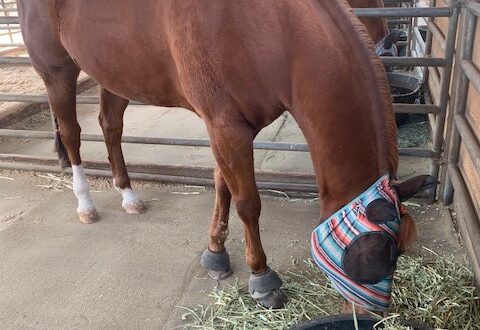-
The Golden Compass
British author Philip Pullman takes readers to a world where humans have animal familiars and where parallel universes are within reach.
The Golden Compass is the story of Lyra, an ordinary girl with an extraordinary role to play in the fates of multiple worlds, in an entirely fresh way.
It is the story of Lyra’s journey to the far north, her rescue of the kidnapped children at Bolvangar, her escape via hot-air balloon, and her crucial role in Lord Asriel’s ambitions to build a bridge to another world.
Lyra is rushing to the cold, far North, where witch clans and armored bears rule. North, where the Gobblers take the children they steal – including her friend Roger. North, where her fearsome uncle Asriel is trying to build a bridge to a parallel world.
Can one small girl make a difference in such great and terrible endeavors? This is Lyra: a savage, a schemer, a liar, and as fierce and true a champion as Roger or Asriel could want.
But what Lyra doesn’t know is that to help one of them will be to betray the other….
A masterwork of storytelling and suspense, Philip Pullman’s award-winning The Golden Compass is the first in the His Dark Materials series, which continues with The Subtle Knife and The Amber Spyglass.
It’s for readers 10 and up.
-
Eat Like A Horse
Have you heard the saying “eat like a horse”?
It often means eating a large volume of food, devouring food or eating fast, helping yourself to someone else’s food, and other (sometimes) unflattering examples, like “making a pig of yourself”. That’s another crazy idiom meaning, among other things, eat too noisily or eat more that your share.
“Eat like a horse” is a contradiction, because for one thing, horses don’t eat fast. Nature built them to walk and graze all day long, snatching mouthfuls of feed here and there. This results in frequent and small meals, keeping their digestive systems moving and healthy.
Now, about eating noisily—when I feed my horses their supplements and some small form of pelleted food, they can eat like pigs!
 My dun horse slobbers and loudly chomps (despite receiving regular dental care—the slobbering is just plain poor manners). My 8-year old gelding tries to grab the feed bucket before I can get it into his stall, often spilling the contents onto the flooring. Can you imagine grabbing your plate from the server at a restaurant, spilling everything on the table? My retired reiner closes his eyes and savors every bite, like it’s a scrumptious dessert. But don’t get too close to his feed bucket or he will pin his ears at you, clearly saying “Don’t even think about it!”
My dun horse slobbers and loudly chomps (despite receiving regular dental care—the slobbering is just plain poor manners). My 8-year old gelding tries to grab the feed bucket before I can get it into his stall, often spilling the contents onto the flooring. Can you imagine grabbing your plate from the server at a restaurant, spilling everything on the table? My retired reiner closes his eyes and savors every bite, like it’s a scrumptious dessert. But don’t get too close to his feed bucket or he will pin his ears at you, clearly saying “Don’t even think about it!”Truly an example of the three little pigs.
Each of them receive a portion of hay specific to their weight requirements. Still, they shove their hay around with their muzzles, trying to get to what they think are sweeter or more tender bits, and some good amount of their hay goes flying into their neighbor’s stall, under the pipe rails. So of course, the other horse, let’s say it’s Topper, thinks, “Oh hey! How nice of you. I’ll stop eating my own hay and go eat yours.” Or, if Topper’s hay lands just inside his stall, his neighbor will try all kinds of contortions to reach Topper’s hay. This includes practically getting down on their knees, sticking their heads under the lowest rail, and stretching their lips and tongues out to snatch any morsel they can—even when there’s plenty of hay in their own stall.
So I guess I could say, my horses do eat like pigs. Shocking!
On a more serious note, horses’ digestive systems are very sensitive. Horses can “colic”, which is a term for any type of digestive blockage, indigestion, gas, abdominal pain, etc. Colic can be deadly. Horses can also develop stomach ulcers.
Sudden changes in feed should be avoided, along with foods such as rhubarb, dairy products, potatoes, avocado, lawn clippings (because clippings ferment too quickly), tomatoes and other vegetables, as examples. However, apples and carrots are always welcome, in moderation.
So, is the idiom “eat like a horse” really correct? Or, do horses “eat like a pig”?
What’s really important here is to understand how and what horses should not eat, and always provide them with good feed appropriate to their nutritional needs, exercise, fresh water, dental care and more.
Check out the internet for more information.
-
City of Bones
Discover this first installment of the internationally bestselling Mortal Instruments series and “prepare to be hooked”.
When fifteen-year-old Clary Fray heads out to the Pandemonium Club in New York City, she hardly expects to witness a murder — much less a murder committed by three teenagers covered with strange tattoos and brandishing bizarre weapons. Then the body disappears into thin air. It’s hard to call the police when the murderers are invisible to everyone else and when there is nothing — not even a smear of blood — to show that a boy has died. Or was he a boy?
This is Clary’s first meeting with the Shadowhunters, warriors dedicated to ridding the earth of demons. It’s also her first encounter with Jace, a Shadowhunter who looks a little like an angel and acts a lot like a jerk. Within twenty-four hours Clary is pulled into Jace’s world with a vengeance, when her mother disappears and Clary herself is attacked by a demon. But why would demons be interested in ordinary mundanes like Clary and her mother? And how did Clary suddenly get the Sight? The Shadowhunters would like to know…
Exotic and gritty, exhilarating and utterly gripping, Cassandra Clare’s ferociously entertaining fantasy takes readers on a wild ride that they will never want to end. Once you read the first book in this exciting series you will definitely want to continue with the rest of the series.
Readers Mature 12 and up
-
Strange Languages
Did you know twins sometimes make up a language all their own so they can have secret conversations? It’s called cryptophasia. This word comes from the Greek “crypto,” or secret, and “phasia” or speech.
Did you also know the black American slaves invented a secret language to teach each other how to read when it was against the law for them to learn? It is called Tut Language.
Most made-up languages use a few easy rules you can share with friends, but to someone who doesn’t know the rules, it can sound like you are speaking gibberish (which is a great word to know when you want to explain your secret language). Here are two well-known made-up languages, and one easy way to make up your own.
Pig Latin has been around since before William Shakespeare’s time. He even used it in his play, Love’s Labor’s Lost. The simple rule is to take a word like “pig” and move the first letter to the end. Then add “ay” to the end. So “pig” would be “igpay.” Latin would be “atinlay.” Igpay Atlinay! You will have to practice some, but it would be fun to try it out with a group of friends. Once you get good at it (fluent), it will be your secret language! For some help, here is an English to Pig Latin translator: http://www.snowcrest.net/donnelly/piglatin.html
Skimono Jive is a bit easier to learn—all you have to do is add “sk” to the beginning of each word. For instance, “twinkle, twinkle little star” would be “sktwinkle, sktwinkle sklittle skstar.” I guarantee this will make skgiggle a lot!
You can make your own language up by either adding a sound to the beginning of a word or the end of a word. Maybe you could use “bop” at the end of each word, so twinklebop, twinklebop littlebop starbop.” Try out different sounds with different words until you get one that is easy to learn but sounds like gibberish to anyone else.
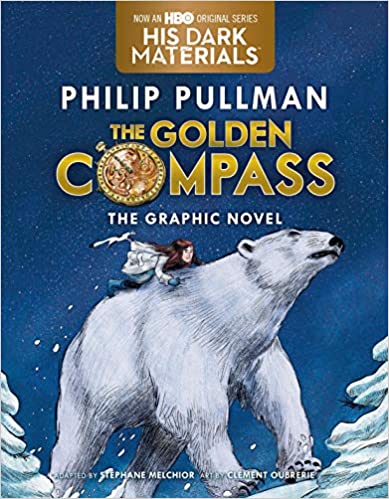
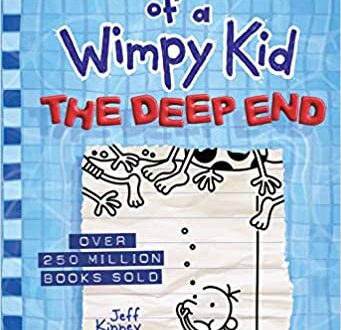

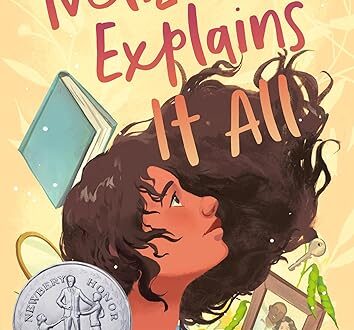
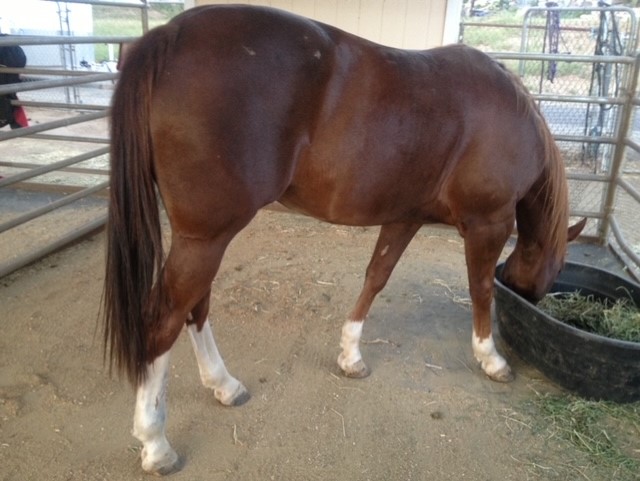
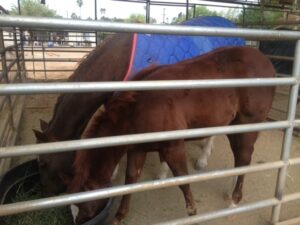 My dun horse slobbers and loudly chomps (despite receiving regular dental care—the slobbering is just plain poor manners). My 8-year old gelding tries to grab the feed bucket before I can get it into his stall, often spilling the contents onto the flooring. Can you imagine grabbing your plate from the server at a restaurant, spilling everything on the table? My retired reiner closes his eyes and savors every bite, like it’s a scrumptious dessert. But don’t get too close to his feed bucket or he will pin his ears at you, clearly saying “Don’t even think about it!”
My dun horse slobbers and loudly chomps (despite receiving regular dental care—the slobbering is just plain poor manners). My 8-year old gelding tries to grab the feed bucket before I can get it into his stall, often spilling the contents onto the flooring. Can you imagine grabbing your plate from the server at a restaurant, spilling everything on the table? My retired reiner closes his eyes and savors every bite, like it’s a scrumptious dessert. But don’t get too close to his feed bucket or he will pin his ears at you, clearly saying “Don’t even think about it!”